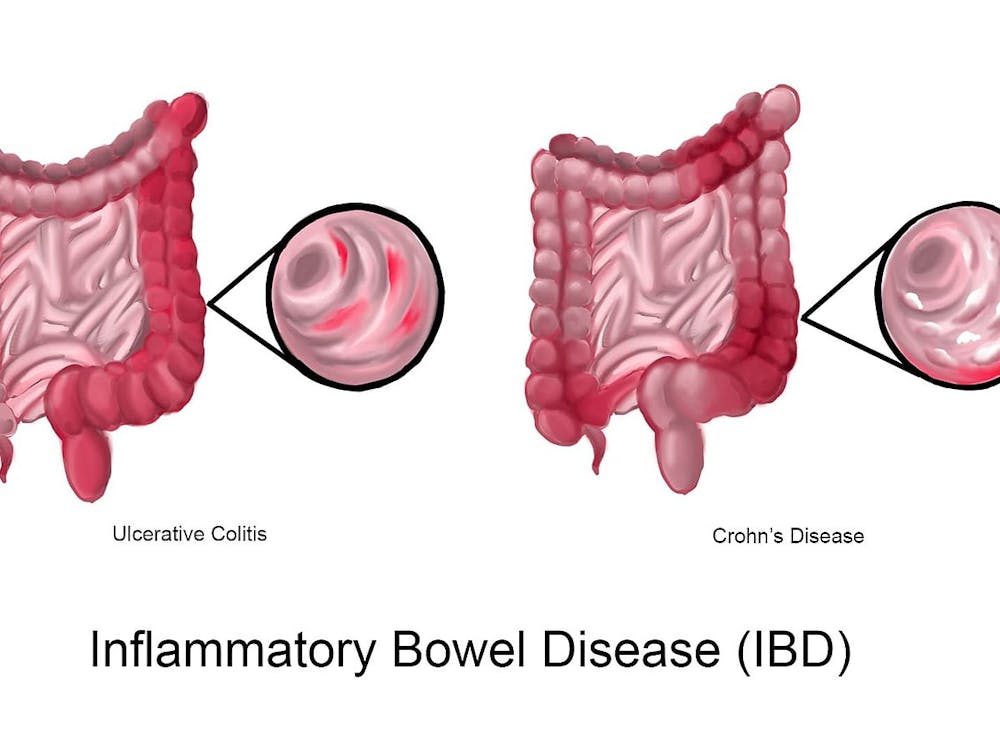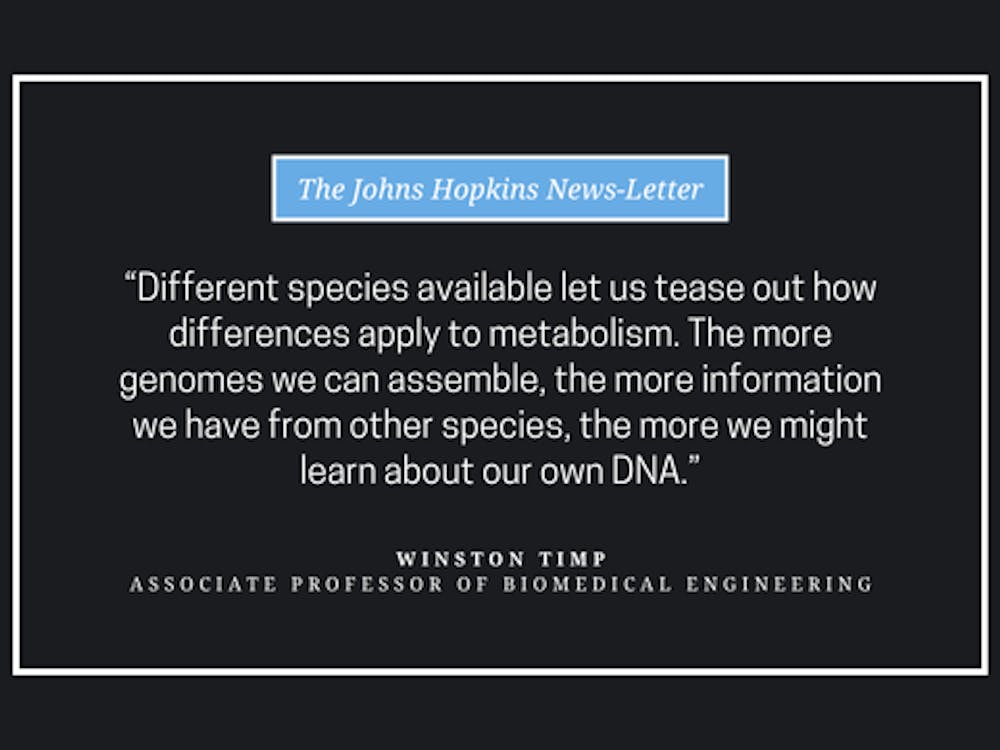As research methods and new technologies continue to spur medical discoveries, some scientists and doctors have shifted their focus from treating the symptoms of a disease to stopping it at the source.
Preventative medicine is becoming an increasingly popular subfield. It embraces the idea of diagnosing patients that have the potential of contracting a certain disease and treating them before the disease’s actual onset, thus avoiding the disease altogether.
Preventative medicine has been a particular area of interest with respect to Alzheimer’s disease, a neurodegenerative illness that destroys a victim’s ability to reason, remember their closest friends or even their own identities. It affects 11 percent of those 65 years and older and 45 percent of people over 85. Its prevalence and devastation affects not only patients but also their families and society at large, making Alzheimer’s a serious health issue worldwide.
Alzheimer’s researchers at Arizona State University, in collaboration with those at Mayo Clinic and the University of Rochester, recently made a promising discovery. According to the lead scientist, Paul Coleman, the hardest part about finding a treatment method for Alzheimer’s is the huge gap between the disease’s onset and the manifestation of clinical symptoms, which happens much later.
This new study, published in the journal Neurobiology of Aging, demonstrates the potential for a blood test that will screen for Alzheimer’s disease much earlier than the symptoms appear — early enough to possibly prevent the disease from damaging the brain.
As the average human lifespan continues to lengthen, Alzheimer’s will come to affect an increasingly large number of people. Unfortunately, decades of research have not come up with any cure or effective treatment method for Alzheimer’s. Patients suffering from the disease begin with symptoms of forgetfulness and confusion. They then continue to deteriorate both physically and mentally.
In addition, researchers have found that Alzheimer’s affects the body much earlier than the symptoms appear. By the time people are feeling mentally foggy, their brain has suffered severe damage. There is no way to fix it, and even more frighteningly, there is no way to prevent the symptoms.
The novel blood test screening method is based on a discovery that involves distinguishing between Alzheimer’s patients, Parkinson’s patients and healthy controls based on biomarkers in their blood.
Alzheimer’s produces changes in the brain, which causes upregulated expression of genes relating to conditions such as stress and inflammation. Signs of the abnormal expression of these genes appear in the blood as RNA transcripts.
By looking at white blood cells, researchers can detect segments of RNA transcripts derived from Alzheimer’s-specific DNA.
The research results show that these RNA transcripts combined can serve as an early biomarker for the disease and can even be used to potently distinguish between not only healthy people and patients with disease but also Alzheimer’s and Parkinson’s. This demonstrates that the RNA transcripts has effective sensitivity and does not lump potentially similar neurological disorders together.
Using methods such as cDNA array and reverse transcriptase polymerase chain reaction (RT-PCR) on 177 blood and 27 post-mortem brain samples, researchers were able to distinguish between early clinical Alzheimer’s, Parkinson’s disease and cognitively healthy patients with an accuracy of 93.8 percent, using just five RNA transcripts.
These results demonstrate a breakthrough in diagnosing Alzheimer’s far before the symptoms arise and perhaps before its onset can damage the brain at all.
With the help of this discovery, researchers may be able to develop drugs that can combat Alzheimer’s in its earliest stage and significantly slow its progression, or even halt it in its tracks.




